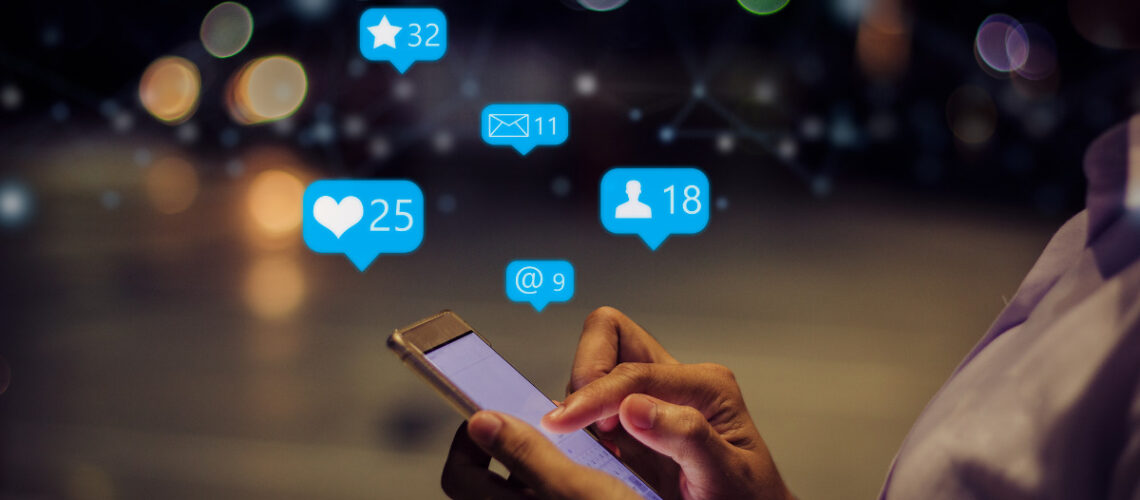One such intriguing and ubiquitous trend is the rise of internet memes. These bite-sized units of humor, often in the form of images or videos, have transcended their status as mere online jokes to become significant cultural artifacts. This article delves into the world of internet memes, examining their origins, evolution, and the profound impact they have had in the online realm.
The Birth of Memes: A Brief History
Before delving into their cultural significance, it’s essential to understand where memes originated. The term “meme” was coined by Richard Dawkins in his 1976 book, “The Selfish Gene.” In this context, he used it to describe an idea, behavior, or style that spreads within a culture. Internet memes, however, represent a contemporary digital evolution of this concept.
The earliest internet memes can be traced back to the early 2000s with iconic examples like “Dancing Baby” and “All Your Base Are Belong to Us.” These early memes paved the way for the explosion of internet culture, setting the stage for the diverse and captivating world of memes we know today.
Evolution of Memes: From Text to Multimedia
Internet memes have evolved significantly since their inception. Initially, they were predominantly text-based, relying on clever wordplay or humorous anecdotes. Over time, the introduction of images, GIFs, and videos gave memes a dynamic and visual dimension that greatly enhanced their appeal.
Memes can now be categorized into various formats, including image macros, reaction images, and viral videos. Each format serves a unique purpose and contributes to the richness of meme culture. For instance, image macros like the “Distracted Boyfriend” meme convey relatable scenarios through a simple image with overlaid text, often highlighting the human experience in a humorous light.
The Power of Relatability: Memes as Social Commentary
One of the key aspects of memes’ cultural significance lies in their ability to capture and reflect societal trends, attitudes, and shared experiences. Memes often serve as a form of social commentary, shedding light on various aspects of our lives, from the mundane to the profound. During the COVID-19 pandemic, memes became a coping mechanism for people worldwide, offering humor and solidarity in challenging times. Memes like “Zoom Fatigue” and “Tiger King” not only provided comic relief but also served as a way for individuals to connect over shared struggles and experiences.
The Memetic Lifecycle: From Creation to Virality
The journey of a meme from obscurity to virality is a fascinating process. Memes often start as niche creations, generated by individuals or small online communities. They gain traction when they resonate with a broader audience, often because they capture a universally recognizable emotion or scenario.
Virality is further accelerated by social media platforms, where memes can spread like wildfire through shares, likes, and comments. The rapid dissemination of memes across the internet is a testament to their relevance and ability to connect people across geographic and cultural boundaries.
Memes as Tools of Influence
Beyond humor and cultural commentary, memes have also become potent tools for influencing public opinion and driving social change. Political memes, in particular, have gained prominence in recent years, shaping public discourse and mobilizing online communities.
Organizations and political campaigns have harnessed the power of memes to engage with younger audiences and convey complex messages in a digestible format. The use of memes in this context highlights their adaptability and capacity to influence the thoughts and behaviors of a vast online audience.
The Dark Side of Memes: Challenges and Controversies
While memes have undoubtedly brought joy and connectivity to the digital world, they are not without their share of controversies. Memes can easily be manipulated to spread misinformation, hate speech, and harmful ideologies. The anonymity of the internet allows malicious actors to create and disseminate harmful content under the guise of humor.
Platforms and users alike face the challenge of striking a balance between free expression and responsible content moderation. Navigating this complex terrain is essential to ensure that memes continue to be a force for positive cultural exchange rather than a source of harm.
Internet Memes as Cultural Signifiers
Internet memes have transcended their status as fleeting online jokes to become significant cultural signifiers in the digital age. They reflect our collective experiences, provide humor and solace during challenging times, and even shape our perceptions and beliefs. From their humble text-based beginnings to their evolution into multimedia phenomena, memes have left an indelible mark on pop culture.
As we navigate the ever-changing landscape of the internet, memes remain a fascinating lens through which we can explore the human experience in all its complexity, diversity, and absurdity. In an age where information moves at the speed of light, memes stand as enduring artifacts of our shared online culture, reminding us of the power of humor, connection, and expression in the digital space.

